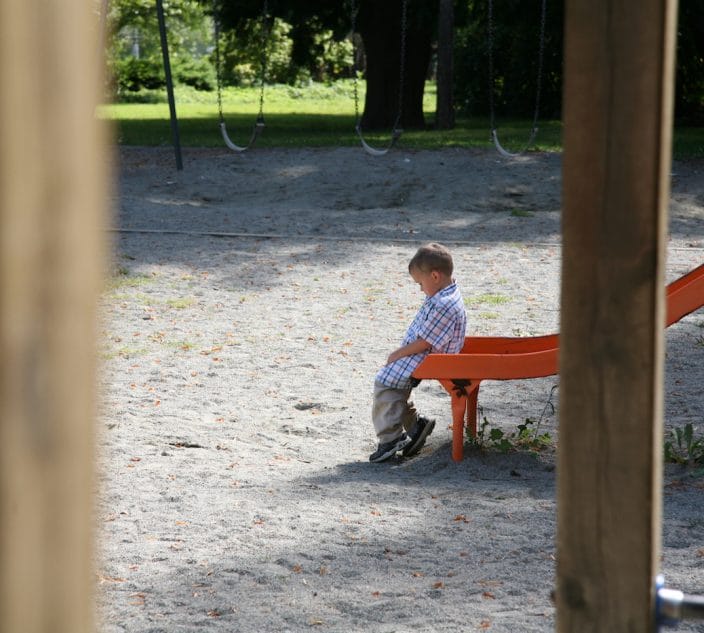
Vickery went on to complete a fellowship in allergy and clinical immunology at Yale University and today is a passionate food allergy researcher, with hopes to be a part of what he calls “the coming change in the standard of care.” That is, changing the focus from reacting after an exposure to a treatment that would prevent anaphylaxis from occurring in the first place.
“There is a paradoxical, almost cruel quality to food allergies,” says Vickery. “Food, which is supposed to provide nourishment and pleasure, becomes a mortal threat.”
As part of our “Allergy Explorers” series, Allergic Living is pleased to honor allergist Brian Vickery as one of the emerging talents in the field of allergy research. Contributing Editor Claire Gagné speaks to him about his fascinating work trying to desensitize very young children, and what he sees as the next steps in developing treatments for food allergies.
You are an assistant professor of pediatrics and a food allergy researcher at UNC-Chapel Hill. What brought you there?
While I was a fellow at Yale I was lucky enough to work on a project analyzing how mice responded to peanut proteins that had been modified to make them less allergenic. The idea at the time was that these molecules could potentially be used for treatment of peanut allergy. Through my involvement in this project, I met Dr. Wesley Burks, and he eventually recruited me to join his research group in 2008, which at that time was at Duke. I, and virtually all of our research team, moved to UNC with Dr. Burks in 2012 when he became the Chair of Pediatrics there. I have been very fortunate to be part of an outstanding research team, and it all started by being in the right place at the right time during my fellowship.
Your current research focuses on oral immunotherapy* (OIT) in very young children. What is it like working with small children and their families in a clinical trial?
In the project I’ve been leading, we targeted newly diagnosed peanut-allergic children aged 9 to 36 months, which had not really been done before. So just as the families were coming to grips with the diagnosis in their toddlers, we were recruiting them to volunteer these children for an experiment. I wasn’t sure that anybody would be interested, but the response was overwhelming.
Honestly, I was a little nervous about treating such young allergic children with immunotherapy, but they have responded beautifully. When they come to the research unit they are excited to see the nurse coordinators and the other children in the studies, who have become their friends. It’s like one big family, and it’s so neat to see.
What are you learning about their young immune systems?
If a young child has a sensory or neuromuscular problem, the best, and in some cases the only, opportunity for improvement is through early intervention therapy. This is the cornerstone of developmental pediatrics. Because it had been previously shown that peanut allergy typically starts within the first year of life, and often intensifies until the grade school years, we thought it might also benefit from early intervention.
We had also learned in our previous OIT studies that individuals with lower peanut IgE levels tend to have better outcomes. We hypothesized that treating children as soon as possible after their diagnosis would make their peanut allergy easier to correct.
It turns out the subjects enrolled in this study did on average have much lower IgE levels than older children in our other studies. I can’t comment on overall results from the study because it is not quite finished, but the initial results look promising.
*In oral immunotherapy, a patient is given a tiny, then gradually increasing amounts of an allergen under medical supervision. The idea is to “retrain” the immune system to no longer recognize the allergen as an invader. Once the therapy is finished, the patient is advised to continue a maintenance “dose” of the allergenic food in the daily diet to maintain desensitization.
Next: The next generation of therapies





